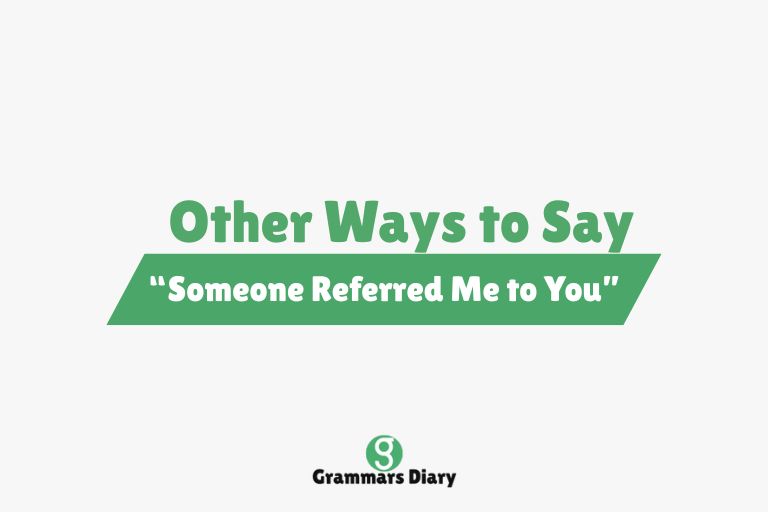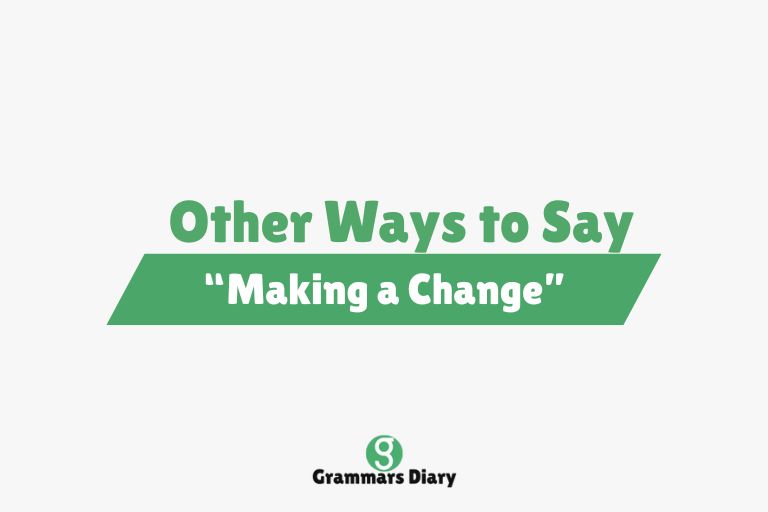20 Other Ways to Say “I Can’t Believe It”

“I can’t believe it” is one of those expressions that slips out when we’re hit with something totally unexpected — whether it’s jaw-dropping good news, surprising gossip, or a turn of events that leaves us stunned. It’s a go-to phrase when we’re overwhelmed with emotion, caught between excitement and disbelief. But language is full of variety, and there are many more vivid, expressive, or nuanced ways to say the same thing without always repeating the classic “I can’t believe it.”
This post explores 20 other ways to express disbelief, amazement, or sheer astonishment, whether you’re writing dialogue, responding to a friend, or just adding color to everyday conversations.
Other Ways to Say “I Can’t Believe It”
1. No way
Example: “No way, you actually got the job?”
Meaning: Expresses shock or disbelief in a casual tone.
Usage: Ideal for informal settings where you’re reacting to surprising news in a friendly or playful way.
2. Are you serious?
Example: “Are you serious? That really happened?”
Meaning: Indicates genuine disbelief and a request for confirmation.
Usage: Often used in real-time conversations when someone shares surprising information that’s hard to process instantly.
3. You’ve got to be kidding me
Example: “You’ve got to be kidding me — they canceled the trip again?”
Meaning: Used to express frustration, shock, or surprise, especially when something unexpected or disappointing happens.
Usage: Works in both light-hearted and serious moments, depending on your tone.
4. That’s unreal
Example: “Her performance was flawless — that’s unreal.”
Meaning: Conveys astonishment at something extraordinary or hard to believe.
Usage: Best used when something exceeds expectations or seems too good to be true.
5. I’m in shock
Example: “I’m in shock. I never thought this day would come.”
Meaning: A deeper emotional reaction, suggesting you’re so surprised that it’s hard to react immediately.
Usage: More emotionally intense and often used in more serious contexts.
6. This is mind-blowing
Example: “The view from this mountain is mind-blowing.”
Meaning: Suggests being mentally overwhelmed by how amazing or surprising something is.
Usage: Great for describing incredible experiences, visuals, or revelations.
7. I’m speechless
Example: “I’m speechless. I didn’t expect such kindness.”
Meaning: Indicates that the surprise or emotion is so strong that you can’t find the words to respond.
Usage: Effective for conveying sincere amazement or gratitude.
8. That can’t be true
Example: “That can’t be true — she won the lottery?”
Meaning: Denies the possibility of what’s been said being real, usually out of disbelief.
Usage: Often said when someone is processing unexpected news or events.
9. You must be joking
Example: “You must be joking — he quit on his first day?”
Meaning: A skeptical or humorous way to question something that sounds too bizarre or unlikely.
Usage: Often used sarcastically or in friendly disbelief.
10. I’m blown away
Example: “I’m blown away by how much progress you’ve made.”
Meaning: Expresses intense admiration or surprise.
Usage: Best when reacting to impressive or inspiring achievements.
11. That’s incredible
Example: “You finished the project in one day? That’s incredible.”
Meaning: Highlights how amazing or hard-to-believe something is.
Usage: Works well in both positive and neutral contexts where you’re praising something extraordinary.
12. I’m stunned
Example: “I’m stunned. I never saw that coming.”
Meaning: A strong emotional response showing that something has caught you completely off guard.
Usage: Suitable for serious or emotionally impactful situations where you’re processing unexpected news.
13. I’m floored
Example: “I’m floored by their generosity.”
Meaning: Suggests being mentally or emotionally knocked down by surprise or shock.
Usage: Often used when you are deeply moved or amazed by someone’s action or outcome.
14. That’s just wild
Example: “He moved to Iceland overnight? That’s just wild.”
Meaning: Describes something so unexpected or unusual that it seems almost absurd.
Usage: Best used in informal speech when reacting to stories or events that are out of the ordinary.
15. I can’t wrap my head around it
Example: “I can’t wrap my head around how this happened.”
Meaning: Suggests that the news or event is so confusing or surprising that it’s hard to mentally process.
Usage: Often used in personal reflection or storytelling when trying to grasp an unexpected situation.
16. That’s insane
Example: “You met Taylor Swift? That’s insane.”
Meaning: Shows amazement or disbelief, often with excitement or enthusiasm.
Usage: Very common in casual conversations, especially among younger audiences.
17. You’re pulling my leg
Example: “You’re pulling my leg — this isn’t real, right?”
Meaning: A playful way to accuse someone of joking or trying to trick you.
Usage: Friendly, humorous tone; great for lighthearted disbelief.
18. That’s hard to believe
Example: “That’s hard to believe, but I trust you.”
Meaning: A polite way of expressing skepticism while giving someone the benefit of the doubt.
Usage: Suitable for both casual and semi-formal contexts when reacting to unlikely-sounding stories.
19. What on earth?
Example: “What on earth happened here?”
Meaning: A rhetorical question used to express extreme confusion or disbelief.
Usage: Often used when you’re surprised and don’t understand how or why something occurred.
20. I’m gobsmacked
Example: “I’m gobsmacked — I never thought they’d win.”
Meaning: A British expression meaning utterly astounded or amazed.
Usage: More common in UK English but increasingly used globally to express strong surprise.
When to Use Different “I Can’t Believe It” Alternatives
In Surprising Conversations
When reacting to unexpected news from friends or family, casual phrases like “No way,” “You’ve got to be kidding me,” or “That’s wild” help keep the tone light and personal. These expressions make you sound engaged and relatable.
In Professional or Academic Settings
In more formal environments or serious discussions, expressions such as “I’m stunned,” “That’s hard to believe,” or “I can’t wrap my head around it” show thoughtful engagement without sounding overly dramatic or informal. These choices maintain professionalism while still expressing genuine surprise.
In Dramatic or Creative Writing
For storytelling, dialogue, or emotional impact, stronger and more visual expressions like “I’m speechless,” “I’m floored,” or “I’m gobsmacked” can add vivid color and emotional depth. These make the reader feel the shock right alongside the character.
Conclusion
Saying “I can’t believe it” may be your first reaction when something surprises you — but it doesn’t have to be your only one. With so many expressive, creative, and even dramatic alternatives, you can adapt your reaction to fit the moment, your tone, and your audience. Whether you’re shocked by a friend’s news, writing a gripping scene, or just reacting to something wild online, using a fresh phrase can help you sound more natural, thoughtful, or even funny.
Feel free to mix these expressions into your everyday language to reflect your surprise in more specific and interesting ways.
FAQs
What does “I can’t believe it” really mean?
“I can’t believe it” is an expression of strong surprise, shock, or amazement, often used when something happens that is unexpected or difficult to accept as real.
Is “I can’t believe it” formal or informal?
It’s typically informal, though it can be used in many situations depending on tone and delivery. For professional or written settings, alternatives like “That’s hard to believe” or “I’m stunned” may be more appropriate.
Can I use these alternatives interchangeably?
Some alternatives are more emotional or dramatic, while others are casual or sarcastic. Always consider your tone, audience, and context before swapping phrases.






